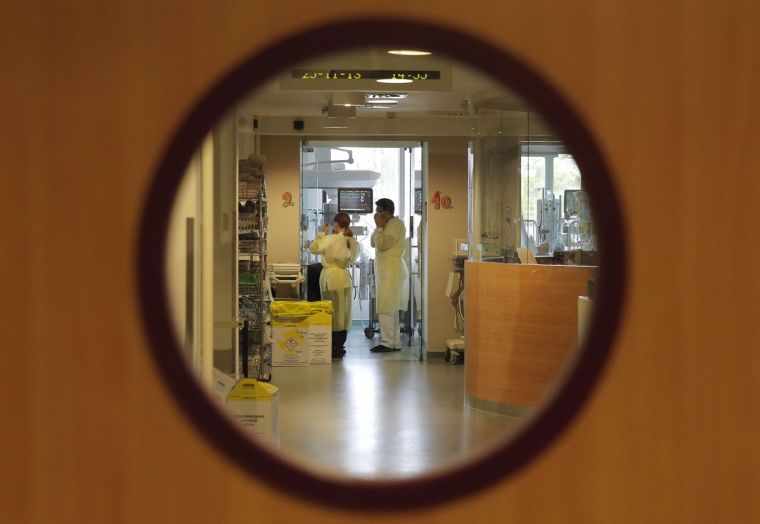Why don't we talk about death?

A new survey reveals that dying, mortality, and death all remain taboo subjects for the majority of British people.
In a survey of 2,000 adults commissioned by the Dying Matters Coalition, only 21 per cent were found to have discussed their end-of-life wishes with anyone.
The DMC was set up by the National Council for Palliative Care in 2009. The chief executive of both organisations, Claire Henry, said in the Guardian: "Dying is one of life's few certainties, but many of us appear to be avoiding discussing it or in denial altogether.
"Talking more openly about dying and planning ahead is in everyone's interests."
The survey revealed that approximately 80 per cent of people do not discuss death because they believe that it makes others uncomfortable.
In terms of funeral arrangements, 51 per cent of respondents said they had not discussed their funeral arrangements with their partners or loved ones.
This week is Dying Matters Awareness Week, and Ms Henry said she hoped more people would better understand the importance of discussing their post-death arrangements: "Talking more openly about dying and planning ahead is in everyone's interests as it can help ensure we get our wishes met and make it easier for our loved ones.
"You only die once, which is why it's so important to make your wishes known while there's still time."
Professor Tony Walter, director of a University of Bath study looking into the sociology of death, suggested to the BBC that the fear of the unknown is a major factor.
"Many of us do not experience a family member or close friend dying until we are into our mid-life. As a result, fear of the unknown means that people sometimes avoid those who are ill or dying, and do not feel able to support them."
A separate poll of 1,000 GPs found that 25 per cent of doctors had not initiated conversations with their patients about their end of life wishes.
Professor Mayur Lakhani, chairperson of the Dying Matters coalition, said in the Independent that he found these numbers positive: "Although it's encouraging that increasing numbers of doctors are discussing end-of-life wishes with patients to help get them the right care and support, there's still a long way to go.
"What we need now is a national conversation about dying, so that health-care professionals and the general public become more comfortable in discussing dying, death and bereavement."
Dr Peter Carter, chief executive and general secretary of the Royal College of Nursing, shared his view with the independent about the importance of palliative care: "There is only one chance to get care right at the end of someone's life and we need to overcome our fears and become more open about discussing death.
"Nurses are often uniquely placed to help people talk about their wishes to ensure that they get the care that gives them dignity and comfort at the end of their lives. The vast majority of people want to be able to die at home and to help them do this there should be more resources in the community. At the moment, too few people have a proper choice and that must change."











